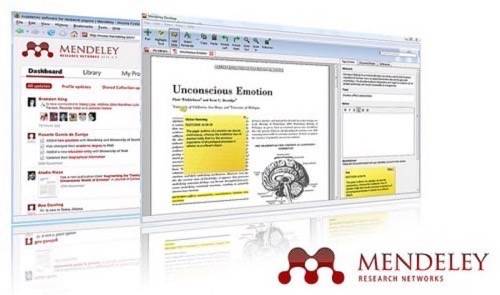Innovations in communications software and websites can be quite exciting. After the dust dies down, however, it’s really not clear how much more information has been made available, how many more people can communicate, how much more thinking has been enabled.

London-based Mendeley is offering an open API and making a vast catalog of academic publications searchable, which, well, might make the cut.
Mendeley is a popular academic and scientific research cross-platform management tool, usable both on your desktop and online. The tool automatically extracts bibliographic data from a user’s document library and stores that information, and the papers and studies it helps builds, on their computer or in the cloud. It is that information that is now available with Mendeley’s API and on its search.
Prior to making the API catch-as-catch-can, Mendeley is asking researchers and developers to send in proposals by May 14, and will announce who among them will have immediate access on May 21.
The quantities of data in aggregate (the API also offers you your own data) and the varieties in type of research, from cancer studies to the influence of the Iroquois Confederacy on early American democracy, beggars the imagination. On a more practical level, Jason Hoyt, the company’s research director, writing on the Mendeley blog, pointed out the number of features that company gets requests for are too many to handle. Perhaps developers, both general and niche, will invent some interesting tools.
The catalog has basic search starting today, but Hoyt said the company already has an advanced search function ready that will be implemented in two weeks.
Hoyt promises the relational elements of Mendeley will be expressed in its search results.

“An algorithm called ‘ReaderRank’…will adjust results based on the level of readership for an article. This doesn’t mean the most read articles will always appear at the top, only that it is an additional measure in ranking your results. We have also taken care to prevent artificial enhancement of the results, i.e. gaming the readership. Over time, we hope to refine this algorithm by taking into account other measures of quality such as the reputation of who you trust and follow on Mendeley.”
Although the combination of the open API and search should in itself be a powerful source of information inside academe and out, it might also inspire academic publishers who are notorious stingy with information to loosen their stranglehold on knowledge.

















